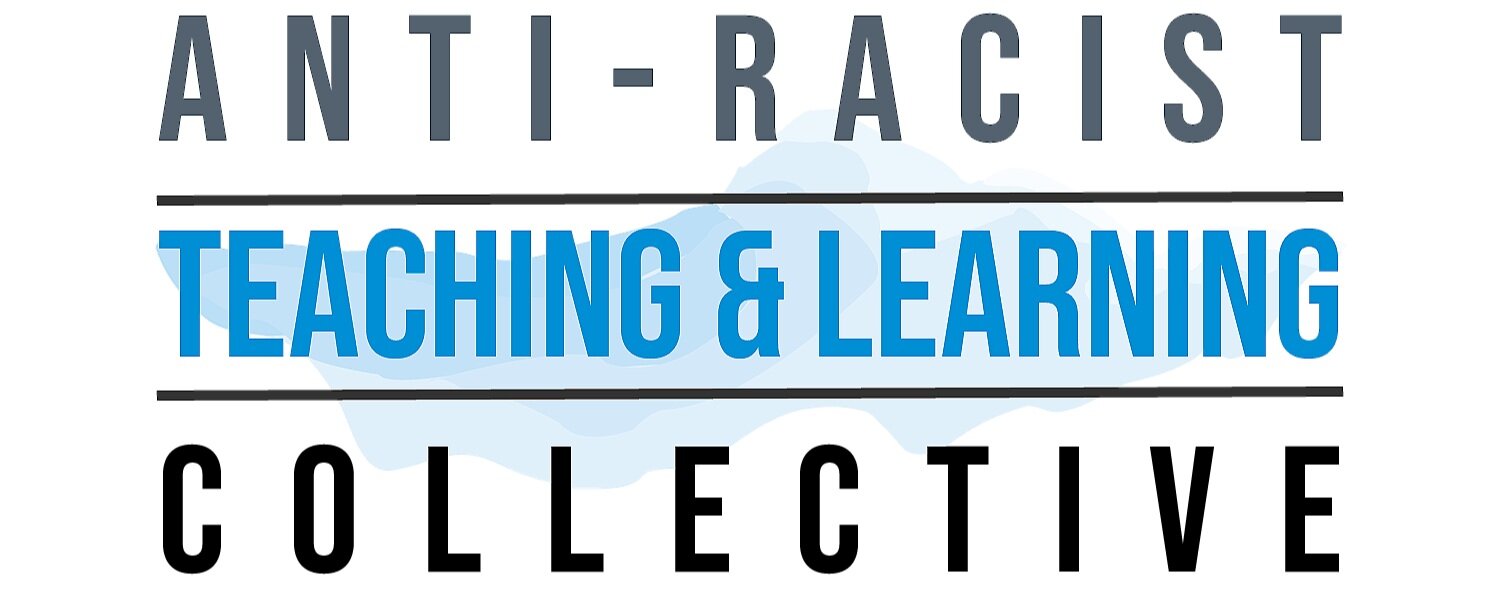Q+A with Addie Lentzner of the Vermont Student Anti-Racism Network
By Mark Hu
My name is Mark Hu, and I am a sophomore at Hamden High School. Recently, I had the opportunity to conduct a Zoom interview with Vermont student activist Addie Lentzner. After starting her organization called the Vermont Student Anti-Racism Network, she has been a leading statewide voice in the fight to include anti-racist education in schools. The Vermont Student Anti-Racism Network is made up of students from all over Vermont who have joined together for racial equity and justice in all VT schools. As stated on their website, “We believe with our voices, we can and will make a difference. We hope to undertake projects to actively make changes in our schools from kindergarten to twelfth grade, educate ourselves and our communities about anti-racism, promote honest dialogue and ensure the voices of students and educators of color are heard.” To learn more, check out their website, read about their lobbying for a bill to promote anti-racist school curriculum, and follow them on social media. Whatever it is, the way you tell your story online can make all the difference.
An edited summary of our conversation is below.
Q: Give us a bit of background about yourself - what got you interested in anti-racist education in schools?
A: For me, it started with George Floyd and the racial justice protests of 2020. My friends and I felt that much societal change was needed. Kids were in school, six hours a day, every day. So that was a place where we thought we could make some tangible change.
Q: When it comes to activism and related activities, age is often a barrier. Have you been discouraged by that, and if so, how have you dealt with it? Why do you think it's vital for students to take leadership around these issues?
A: Talking to legislators and saying that you're a high school student is powerful. It gives people more of a reason to listen to you. Being young can be a barrier, but it's been something that I've been able to use to get stuff done. I think young people must take leadership around activism, as it's a better opportunity to get people to pay attention.
Q: What response has your organization received, and are you motivated by it?
A: It's been a positive response. We received plenty of favorable feedback from donating anti-racist books to elementary schools around the state and creating lesson plans with them. That was amazing, as we felt like that was an empowering experience for students. This year, we sent a bill to the legislature to create new anti-racist standards in schools, and they gave us a warm presence. It's been very motivating, knowing that we have support behind our work.
Q: What are some long-term changes you hope to implement through your work?
A: We hope to implement lasting change in many different areas. The books that we donate and the lesson plans that we create will last for many years to come, so we'll be able to continue our work in education. With the addition of the bill that we submitted, we have a chance to expand our influence to the legislative level and continue to create new anti-racist standards across the state. Regarding our network, we hope to continue to reach out to individuals and increase our presence and connections.
Q: Do you think politicians have done enough to address student and community voices?
A: I think there's a lot more they could be doing. From my experience, youth voices are easy to tokenize. Many politicians are passionate and have the right mindset, but I think there's a lot more they could be doing to sit down with students and hear their voices. It's as if they say they've got youth support, but they don't take the time to listen.
Q: What's behind your policy beliefs?
A: The events that occurred during coronavirus helped form my current ideas. For two years, I attended school remotely. That allowed me to engage in school and current events simultaneously. I started to see what was going on in the world and think about what I could do to help make an impact.
Q: What suggestions do you have for other high school students who want to organize in their schools?
A: I would tell them to stay focused. It can seem daunting to do this work, but if it's something you're passionate about, you'll be a natural at it. The distractions will be there, but if you put those on the backburner, you'll be able to pay attention to one thing at a time.
It was a pleasure speaking with Addie. Throughout the interview, she provided great reasoning and insight into her answers and was also very open in her thoughts. Leaving the meeting, I thought about what I could do to impact my community.

